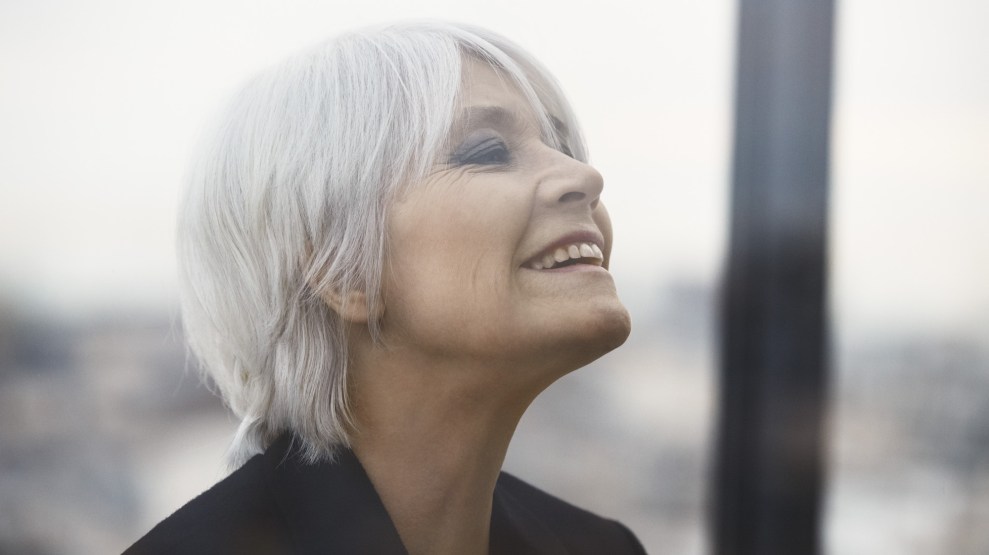
Album Review
Françoise Hardy
Personne d’autre
Parolphone France/Arts Music

Since vaulting to international stardom as a teenager in the pre-Beatles ’60s, Françoise Hardy has been France’s leading female pop singer. Amazingly, she continues to cast a spell today. On her 24th album, and her first longplayer in six years, Hardy sings with the effortless confidence of someone half her age, perhaps in part because she avoided the endless concert tours that can burn out the strongest voices. Performed primarily in French, Personne d’autre returns to the elegant orchestral pop that marked her ’70s work. Unabashedly romantic but never sappy, gently melancholic yet never mawkish, this entrancing work makes a fine introduction to one of the most charismatic artists of modern times. Not bad for someone who turned 74 this year.













